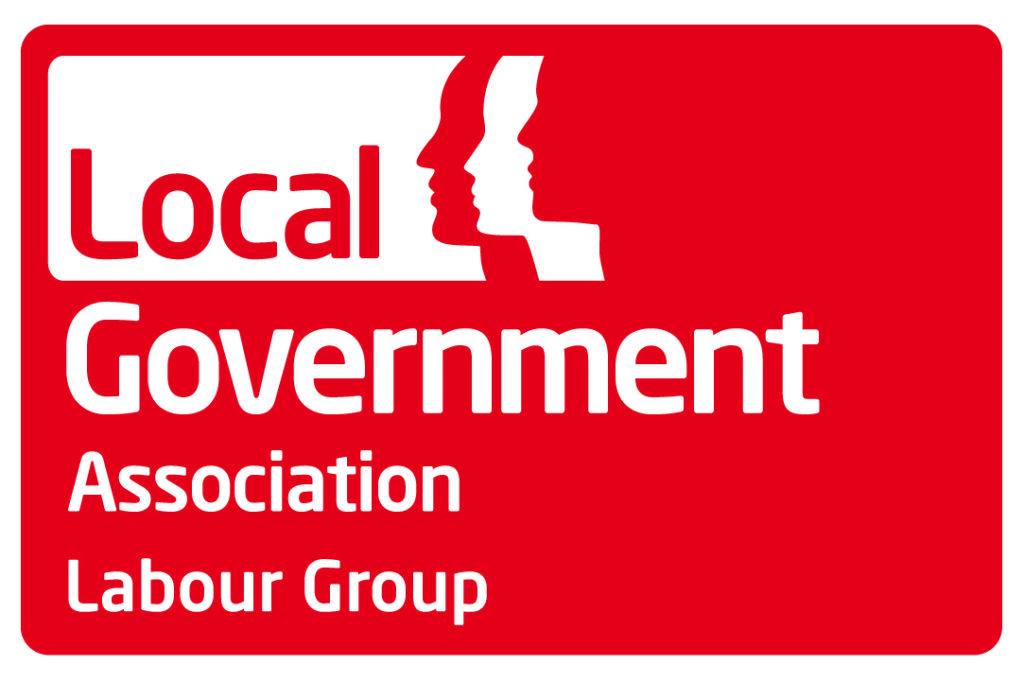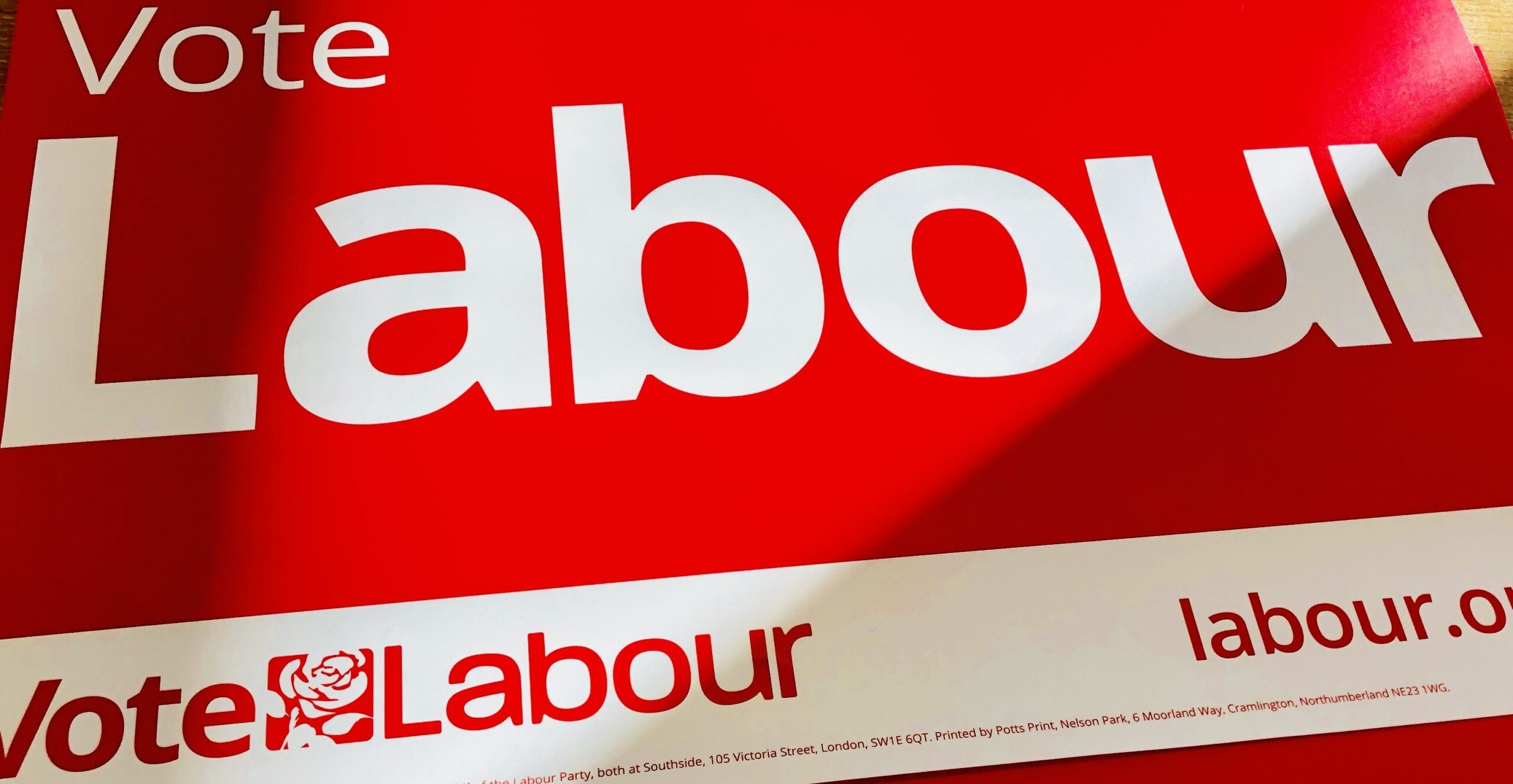We re-publish this article by Richard Price (member of Leyton and Wanstead Labour Party). It was first published in Labour Hub on 1 March. The original can be read here.
*******
It seems an age ago that Keir Starmer pledged in 2020 that “local party members should select their candidates for every election.” As recent books have confirmed, that was, in the most cynical way, for the birds.
In the run-up to the 2024 General Election, the attention of many Labour members was understandably focused on the blocking of various parliamentary candidates, from the long-running sagas surrounding Jeremy Corbyn and Diane Abbott, via the dubious trigger ballot that removed Sam Tarry in Ilford South, to the abrupt removal of Lloyd Russell-Moyle and Faiza Shaheen.
But while the primary focus for many Labour activists is national politics, the fact is that for many rank and file members it is local, and the meeting they are most likely on average to attend in each electoral cycle is the selection meeting for local government candidates. The erosion of democracy in Labour local government over the last decade and a half has happened over a longer period and taken place largely under the radar.
Since 1918, when the Party opened up to individual membership, the right of local members to select their local government candidates has been central. There were always some circumstances in which this could be overridden – local parties in special measures, lack of time to conduct full selections in by elections, etc – but by and large this right remained into this century.
It began to be significantly undermined in the final Blair-Brown years, principally through the reduction in the size of local government panels to the point where, in the eyes of many Regional Directors and Labour Group leaders, the ideal size of the panel [the list of authorised available candidates – Ed] was only slightly bigger than the number of seats being contested. The result has been the erosion of meaningful choice, sometimes to the point where candidates are ‘selected’ because there are no others available for selection.

Paralleling this has been the centralisation of the machinery of local government, under both ‘strong leader’ and executive mayor models. Backbench councillors frequently report that they are excluded from any meaningful role in decision making, with significant decisions being taken almost exclusively by cabinets and Group executives.
Since 2020, these trends have accelerated dramatically through methods including:
- Growing numbers of sitting councillors failed at interview
- The withdrawal of support from selected candidates in the run-up to elections
- Racialized purges (for example, Enfield and Waltham Forest)
- The widespread imposition of candidates in Council by-elections
- The factional use of ‘due diligence’
- The factional manipulation of Anonyvoter technology
Totalitarian playbook
The justifications for such measures, which are straight out of the totalitarian playbook, have included Covid restrictions, ‘lack of time’, the ‘changed situation’, the need for ‘high quality candidates’, streamlining decision-making and much more. The reality is a full-blown and unprecedented crisis of working class representation in local government.
In addition, the yards of leadership-backed rule changes since 2020 have decisively sidelined CLPs and local Party members. Gone are the rights of local parties to sit on interview panels, to shortlist candidates and to hold in-person selection meetings.
To top it off, we are now seeing the piloting of something not in the Rule Book at all – “Interim Local Government Committees”. These aren’t the LGCs still waiting to be introduced after a rule change at the 2019 conference. They’re not even replicas of the widely discredited Local Campaign Forums that they were supposed to replace, but which retained the principle of delegates representing CLPs and trade unions. They’re smaller and consist solely of individuals nominated by Regional Directors and not representing their CLPs in any accountable way.
With shortlisting also done by Regional Directors and interview panels consisting solely of loyalist councillors drawn mainly from neighbouring boroughs, this allows inner circles of leading councillors to mark their own homework as well as that of their colleagues. The thread of accountability between councillors and local Party members has been decisively broken. All that remains is upward accountability of councillors to Group leaders and Regional Directors.
While it’s difficult to get accurate information on the social backgrounds of Labour councillors, anecdotally the chief beneficiaries of the new regime are the managerialists – predominantly white, with a background in management or business – with an infusion of ‘landlords for Labour’ and a ballast of those without clearly defined politics and therefore more easily managed. ‘High quality candidates’ are by definition those loyal to the Labour First/Labour Together/Labour to Win nexus.
Those least likely to make the cut are genuine constituency activists, active trade unionists and opponents of the Israeli onslaught on Gaza. It’s full circle, historically. The first labour movement local government candidates were nominated by their unions or affiliated socialist societies.
Centralised discipline
More than at any time in the past, the leadership sees councillors, whether willing or conscripted, as its soldiers in the field, subject to centralised discipline, however unpopular policies are with their constituents. Any expression of dissent is seen as grounds for suspension or future de-selection.

All of which has gone a long way to realising former General Secretary David Evans’ vision that “representative democracy should as far as possible be abolished in the party.” But the idea that it is possible to win another general election as a ‘payroll party’, with the membership sidelined and MPs, councillors and Party staff sent here, there and everywhere to cover the gaps, is unsustainable. And, as many councillors are aware, it’s a model that can’t be transferred to the thousands of local government wards.
We are living in unprecedented times. Seven months ago, Morgan McSweeney was hailed as an electoral genius. The Party is currently polling lower than it has at any general election since 1918. Depending on the source, the Starmer government’s loss in popularity in its first six months is the steepest or second steepest of any incoming government since the Second World War. What’s worse, this doesn’t feel like a temporary blip of the kind that previous Labour governments bounced back from, but already a long-term trend.
While the leadership might think of councillors as its soldiers, there are 6,500 of them and, outside of the small number of identifiable left councillors, there is a much larger group with centrist politics but who aren’t joined at the hip with McSweeney’s project. Councillors have been at the sharp end of public anger not only over the Party’s lamentable performance on Gaza but also with winter fuel payments, the two-child limit, ‘trousergate’, retreats on green policies and recent Reform-chasing announcements on asylum and immigration.
Since October 7th 2024, something like 150 councillors have resigned from the party, some in ones and twos, others in groups. Nor has it been wholly about Gaza. In January this year, 20 councillors in Broxtowe, Nottinghamshire, resigned the Labour whip, citing not only Gaza but also the two-child limit, winter fuel payments and the treatment of WASPI women.
Splits
On top of that, many Labour councillors are staring down the barrel of losing their seats in May’s local elections. Councils face a huge funding gap – £2.3bn in English councils alone. Largescale cuts will inevitably rebound on Labour councils, no matter how much their problems are blamed on the Tories. If the present trend of opinion polls continues, splits are bound to open up within the ruling bloc, and that will include a significant body of councillor opinion, in the same way that elected mayors and the Scottish leadership have put some distance between themselves and High Command.
Other leaders facing sharp polling reversals would circle the wagons and appeal for Party unity. But Morgan McSweeney is determined to root out not only genuine opponents but even potential opposition. This is demonstrably destroying the Party on the ground. The vast majority of members won’t campaign for candidates that they have not been able to choose democratically. Silencing opposition won’t alter that fundamental truth. On the contrary, it will compound it.
The right to choose local government candidates from an adequately-sized panel isn’t a left issue as such, but one shared by many members in other wings of the party and in affiliated unions. The hour is already late, but what we need is a genuinely broad-based campaign to restore local Labour democracy.



